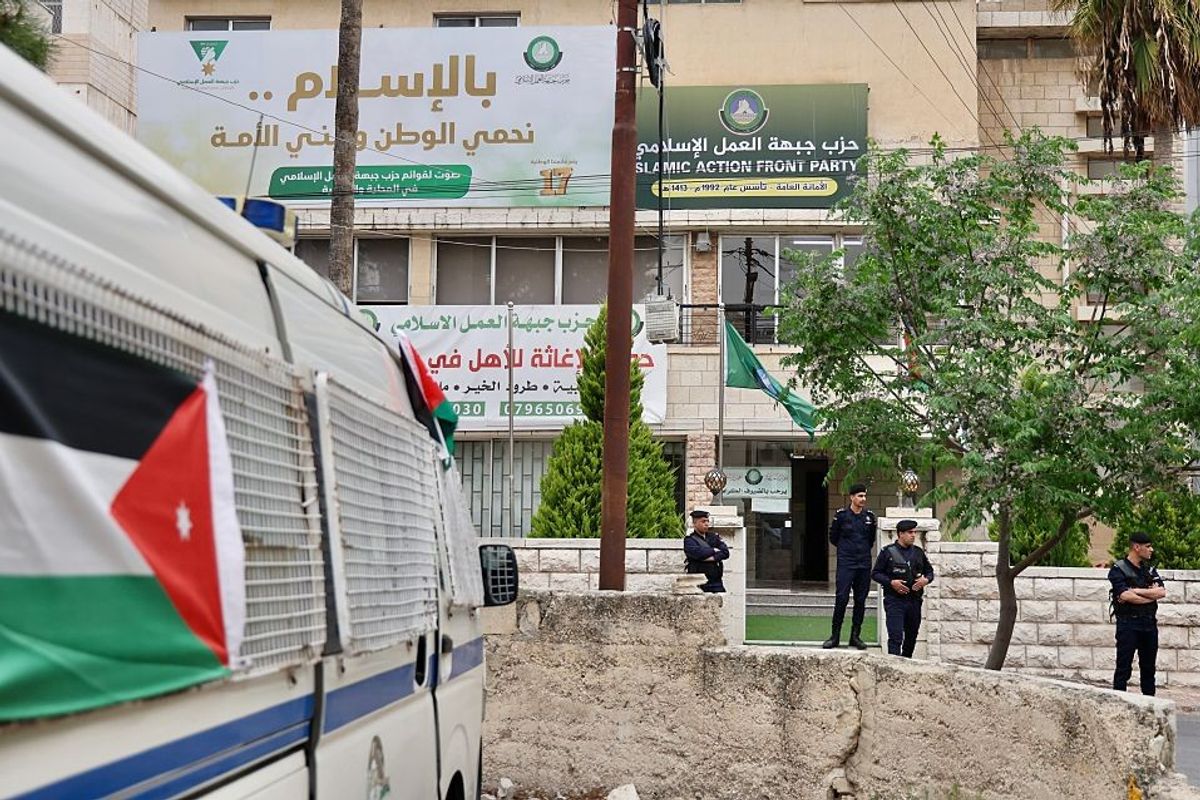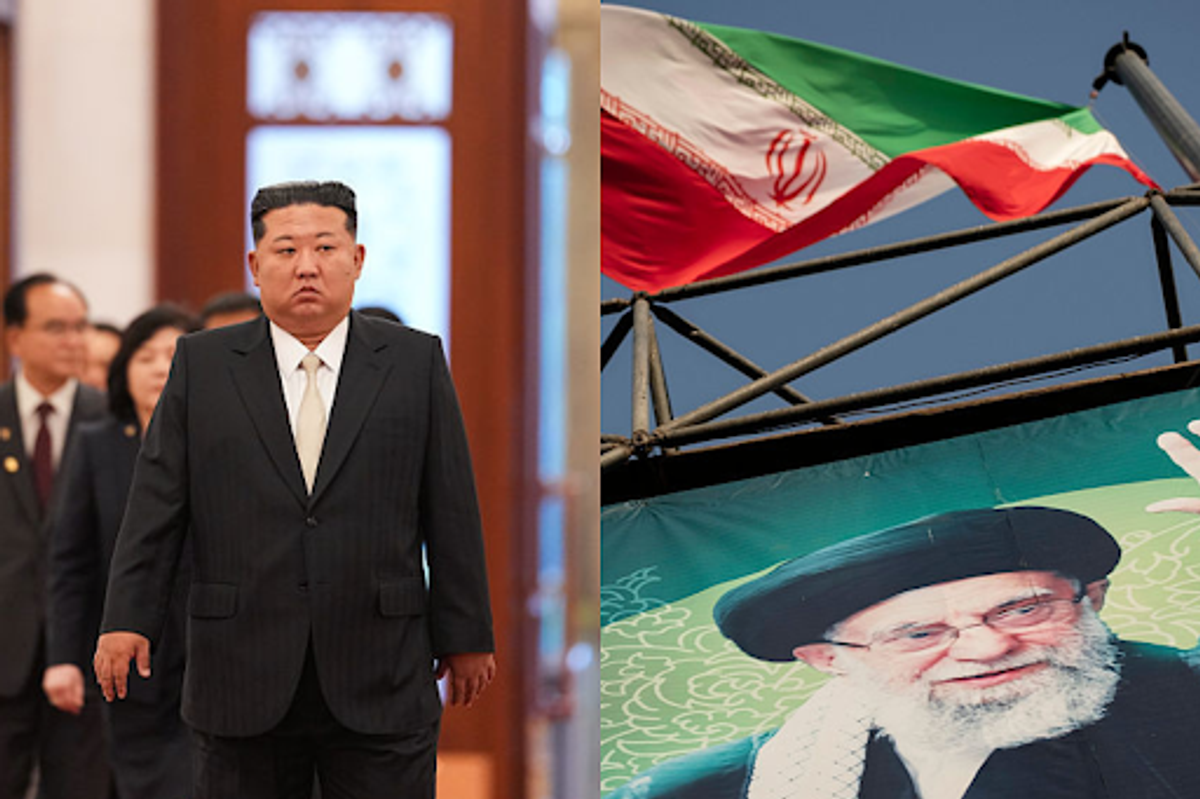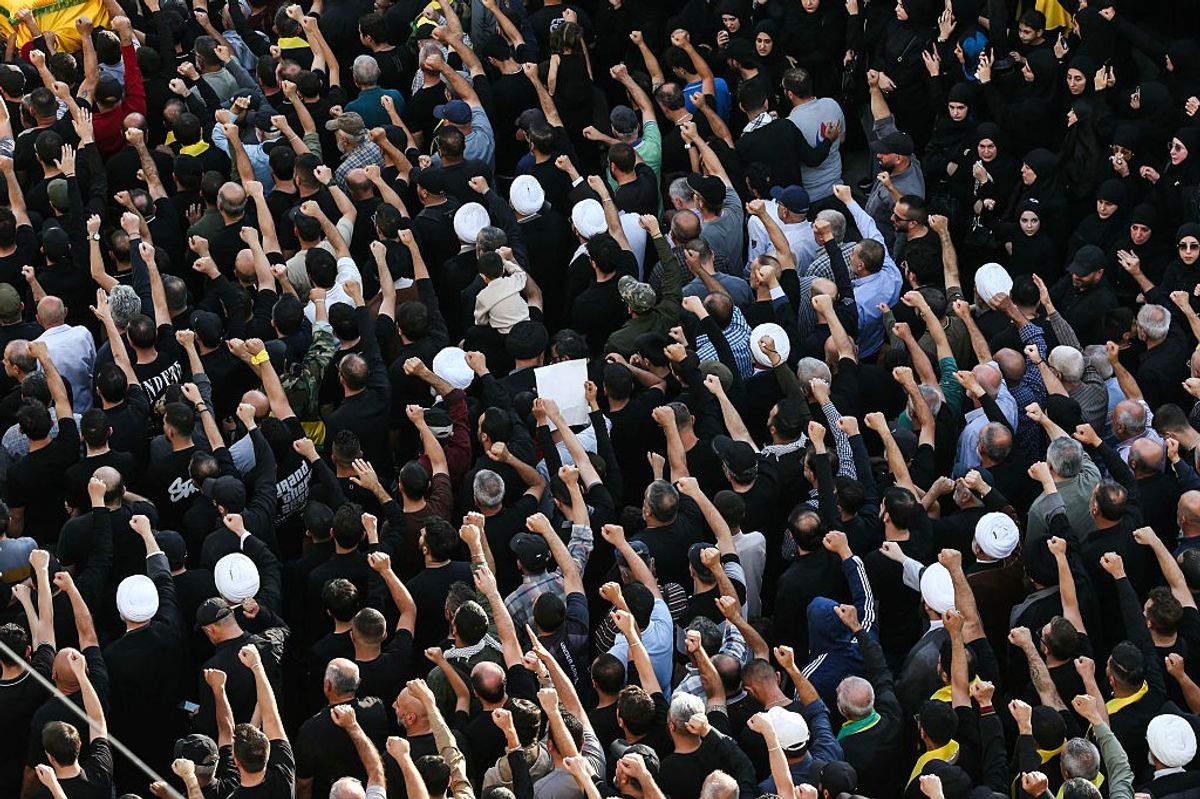OPINION —The recent Israeli killing of Hezbollah’s senior leader Fu’ad Shukr has not diminished the group’s standing as the key and perhaps most influential actor in the current war environment in the region. Israel’s policy of assassinating Hezbollah and Hamas leaders is doomed to fail in the long run. Religious and nationalist militant organizations are usually driven by doctrines, often extremist, that are larger than anyone leader or a group of leaders.
As we have learned from targeting global and regional terrorist organizations in the past three decades, killing a particular leader might leave a temporary vacuum within the organization but does not necessarily kill the ideology, doctrine, or animus that helped create the organization in the first place. Such is the case with Hezbollah and Hamas, as Israel knows so well.
Israel helped created Hamas in 1987 under the leadership of Sheikh Ahmad Yassin as a countervailing force to secular Palestinian nationalism under the leadership of the Palestine Liberation Organization. Yet in 2004, Israel assassinated Yassin, considered Hamas’ most revered leader, and exiled several of the organization’s leadership to several Arab countries. Hamas’s brazen attack on Israel on October 7 of last year proved once again that Israel has been unable to eviscerate Hamas – and it’s not clear that the recent assassinations of Ismael Haniyah and other top leaders will lead to a different outcome.
Similarly, the recent assassination of Hezbollah’s senior military commander Fu’ad Shukr and other senior leaders has not diminished Hezbollah’s military capacity or its threat to Israel. Again, Israel’s decades-old policy of assassinations and targeted killings has not worked.
As fears of a widening war grow, Hezbollah may emerge yet again as a central player in determining whether Israel and Iran drift toward or away from a regional war. A Hezbollah-Israel war is contingent on whether Israel and Hamas conclude and implement a ceasefire agreement. Hezbollah’s leader Hasan Nasrallah has already stated that the conflict on the Lebanon-Israel border would simmer down if and when Hamas and Israel conclude a ceasefire agreement, and the killing of innocent civilians in Gaza stops.
As Hezbollah reemerges as a powerful player in this conflict, the other principal actors—the Palestinian and Lebanese peoples, Hamas, the Palestinian Authority President Mahmoud Abbas—are on the losing side. The Biden administration has not fared any better.
Watch The World Deciphered, a new weekly talk show from The Cipher Brief with expert commentary on national and global security available exclusively on The Cipher Brief’s YouTube channel. Subscribe today.
Hezbollah’s path to power
Hezbollah, or the Party of God, is a Lebanese Shia “Resistance” party that was formed in 1982 following Israel’s invasion of south Lebanon. For the past four decades, Hezbollah has formed an informal alliance with Iran and Syria, which came to be known as the “axis of resistance,” which in recent years has been joined by some of Iran’s proxies, including Hamas, the Houthis in Yemen, and the Shia militias in Iraq.
The Iran-Syria-Hezbollah tripartite informal alliance has enhanced Hezbollah’s stature as a major political party in Lebanon, as a stalwart military opponent to Israel on Lebanon’s southern border. Hezbollah has always touted its role as a guardian of Lebanon against real or imagined Israeli military activity on the border.
Although Hezbollah is not a majority group in Lebanon, it has wielded inordinate political influence in the country. In recent years, no Lebanese president or prime minister has been elected or appointed without Hezbollah’s tacit or overt approval. Because of its predominant position in south Lebanon, Hezbollah has refused to disarm; in fact, it’s the only militia in Lebanon that maintains a huge military arsenal, including short- and medium- range rockets and drones.
Military analysts believe that Hezbollah’s rockets have the capability to reach most of the north and central parts of Israel, including all of Galilee and the strategic villages in the Akko-Haifa corridor. Israel considers Hezbollah a formidable, strategic adversary even though the Party of God lags significantly behind Israel’s sophisticated technology and overwhelming military capability. Since the 2006 war, Israel and Hezbollah have agreed on a manageable order of battle, which has enabled them to maintain a relatively quiet border between Israel and Lebanon.
Israel and Hezbollah have implemented a rational military doctrine toward each other, which neither party wants to upset. They both realize that if a full-scale war breaks out, northern Israel and south Lebanon would become a wasteland. In fact, since the October 7 Hamas assault and the beginning of Hezbollah’s sporadic attacks on northern Israel and Israel’s tit-for-tat retaliation, nearly 100,000 Israeli citizens and an equal number of Lebanese citizens have evacuated their towns and villages on both sides of the border. A war would render the border areas uninhabitable for years to come.
Both Hezbollah and Hamas have been branded by Western countries, including the United States, as terrorist organizations. They both have been supported militarily and politically by Iran. Interestingly, Hezbollah’s Shia religious roots have not prevented it from working closely with Sunni “resistance” groups, including Hamas.
Theologically, Hezbollah and its current leader Hasan Nasrallah adhere to the Twelver branch of Shia Islam, to which most Iranians and the Iranian leadership subscribe. Hamas, by contrast, is rooted in the Sunni teachings of the Muslim Brotherhood, which was founded in Egypt in 1928.
It’s not just for the President anymore. Cipher Brief Subscriber+Members have access to their own Open Source Daily Brief, keeping you up to date on global events impacting national security. It pays to be a Subscriber+Member.
The Path Forward
If a ceasefire agreement is concluded and the hostages are returned, ending the “forever war” between Israel and the Palestinians – and between Israel and Hezbollah – will require serious discussions about the future of the region. Such discussions must include not only the Palestinians and Israel but also Iran and Hezbollah. It will be disingenuous for the U.S., Israel and the Arab states, especially those that already have relations with Israel and those that aspire for such relations, to ignore the proverbial two-ton elephant in the room, namely Iran and Hezbollah.
The national interests of all stake holders in this endless regional conflict, including the United States and the EU, will be better served by including Iran and Hezbollah in charting a path for a more peaceful region, including a Palestinian state, a secure Israel, and a stable Israeli Lebanese border. This is how the region can get rid of terrorism, and put an end to assassinations, retribution, and the cycle of endless violence and human misery for all the peoples of the region.
The Cipher Brief is committed to publishing a range of perspectives on national security issues submitted by deeply experienced national security professionals.
Opinions expressed are those of the author and do not represent the views or opinions of The Cipher Brief.
Have a perspective to share based on your experience in the national security field? Send it to Editor@thecipherbrief.com for publication consideration.
Read more expert-driven national security insights, perspective and analysis in The Cipher Brief














